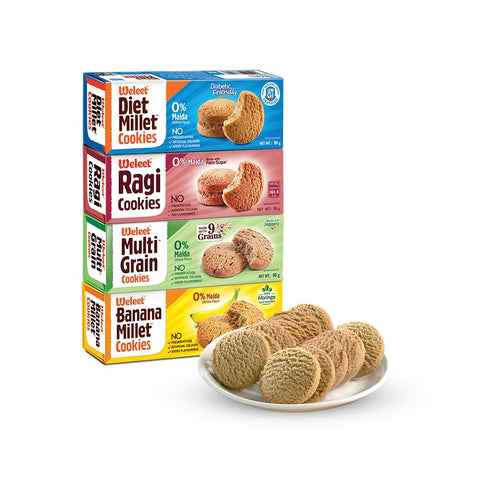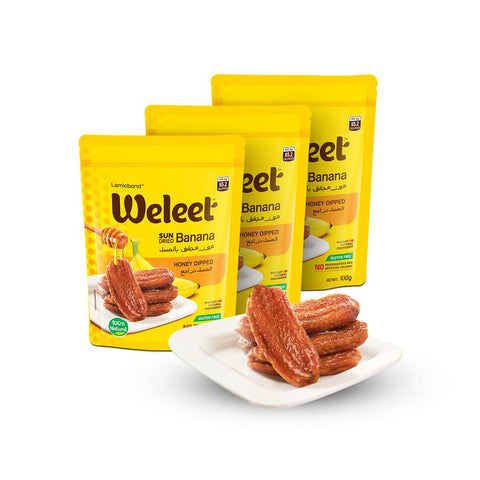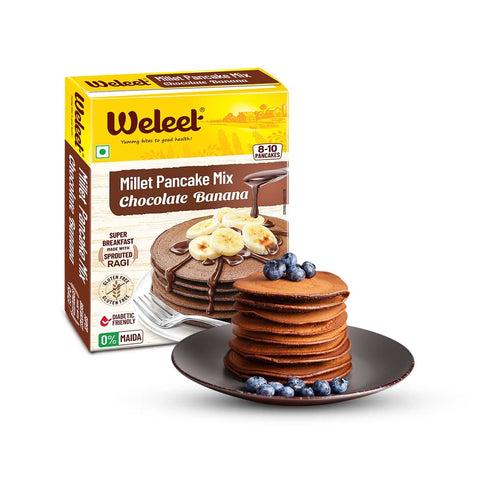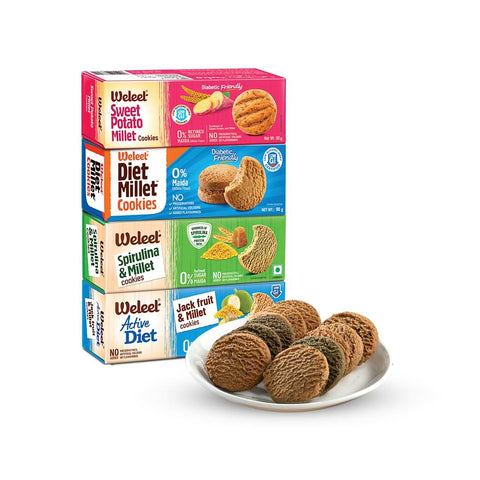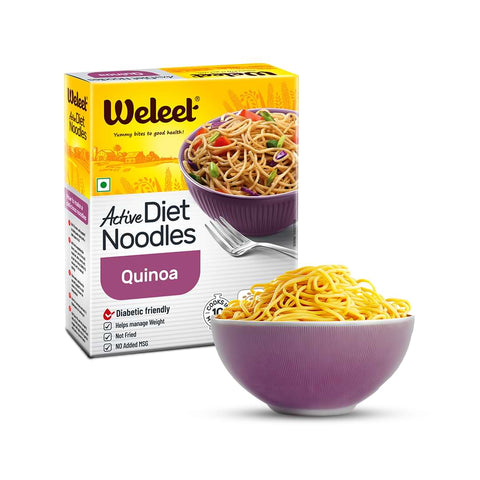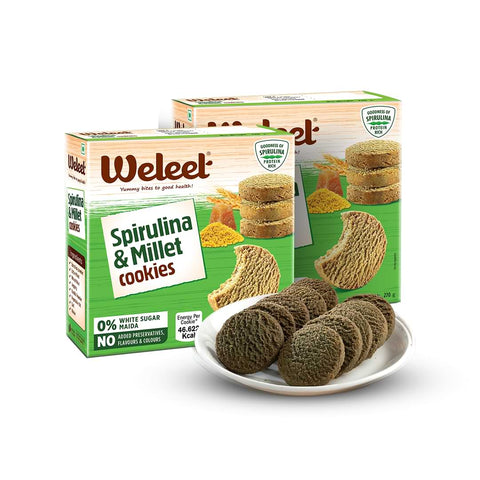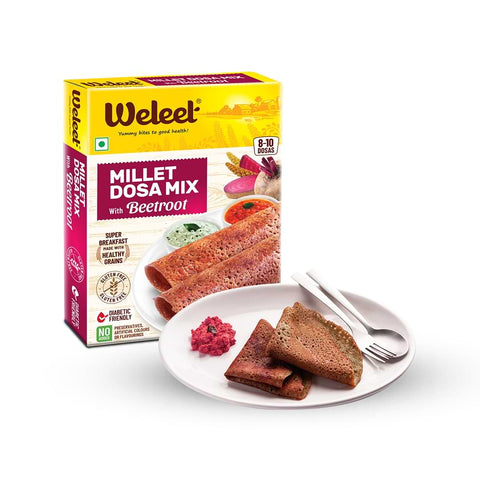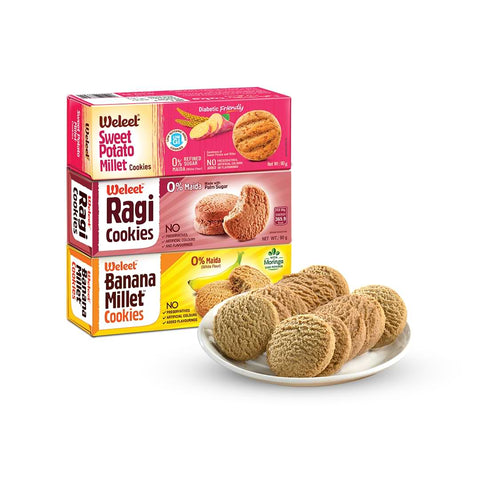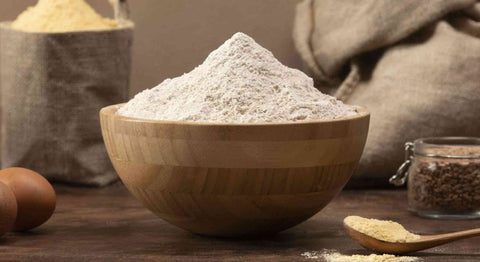PCOS is a common health issue for lots of women worldwide. It brings a bunch of challenges, and one big thing people wonder about is how their food affects PCOS. If you care about your health, you might be thinking: Do I have to say goodbye to my favourite comfort foods if I have PCOS? But before we get into that, it’s crucial to get a proper diagnosis from a doctor before deciding you have PCOS.
What is PCOS?
PCOS stands for Polycystic Ovary Syndrome. It is a common health condition that affects people with ovaries, typically during their reproductive years. PCOS is marked by a collection of symptoms, and its exact cause is still unknown.
What are the symptoms of PCOD?
Irregular Menstrual Cycles: Women with PCOS often experience irregular periods, which may be infrequent or prolonged.
Hyperandrogenism: Elevated levels of androgens (male hormones) such as testosterone may be present in individuals with PCOS. This can lead to symptoms such as acne, hirsutism (excessive hair growth in areas where men typically grow hair), and male-pattern baldness.
Polycystic Ovaries: The ovaries may contain follicles that surround the eggs, forming small cysts. However, these cysts are not true cysts but are follicles that have not developed properly.
In addition to these primary features, individuals with PCOS may also experience other health issues such as insulin resistance, which can lead to an increased risk of type 2 diabetes. PCOS has been associated with metabolic syndrome, obesity, and difficulties in achieving and maintaining pregnancy.
The exact cause of PCOS is not known, but it is believed to involve a combination of genetic and environmental factors. Management of PCOS may involve lifestyle changes, medications to regulate menstrual cycles and hormone levels, and treatment of associated symptoms.
How food habits cause PCOS!
Unhealthy eating habits play a significant role in the development and exacerbation of PCOS. Diets high in refined carbohydrates, sugars, and unhealthy fats can lead to insulin resistance, a condition where the body’s cells don’t respond effectively to insulin. Insulin resistance is a key factor in the development of PCOS, as it triggers the overproduction of insulin and increases androgen levels, disrupting the normal functioning of the ovaries.
Moreover, poor dietary choices contribute to inflammation, which is linked to various chronic conditions, including PCOS. Highly processed foods, sugary snacks, and an imbalanced diet can exacerbate hormonal imbalances and worsen PCOS symptoms.
How to treat PCOS?
While there is no cure for PCOS, lifestyle changes and medical interventions can effectively manage its symptoms. One crucial aspect of treatment is adopting a healthier approach to eating. A well-balanced diet that focuses on whole foods, lean proteins, and complex carbohydrates can help regulate insulin levels and manage weight, which are crucial in PCOS management.
Regular physical activity is another key component of PCOS treatment. Exercise not only helps in weight management but also improves insulin sensitivity and promotes overall well-being. Medications such as birth control pills, anti-androgens, and insulin-sensitizing drugs may also be prescribed by healthcare professionals based on individual needs.
Millets that can help you regulate your PCOS
Millets, a group of small-seeded grains, have gained popularity for their nutritional benefits and potential health-promoting properties. Several millets can be beneficial for individuals with PCOS due to their low glycemic index and rich nutrient content. Here are some millets foods that can be included in a PCOS-friendly diet:
Foxtail Millet: Rich in fibre and low in carbohydrates, foxtail millet can help regulate blood sugar levels and promote satiety, aiding in weight management.
Barnyard Millet: With a low glycemic index, barnyard millet is a good choice for individuals with insulin resistance. It is also rich in iron and fibre.
Little Millet: Packed with essential nutrients, little millet is a versatile grain that can be included in various dishes. It helps in maintaining steady blood sugar levels.
Kodo Millet: Known for its antioxidant properties, Kodo millet can contribute to reducing inflammation, a key factor in PCOS management.
Does Millet Foods Help in Reducing PCOS?
Including millet in your diet as part of a well-balanced and nutritious meal plan can be beneficial for managing PCOS. The high fibre content in millets promotes satiety, preventing overeating and aiding in weight management – a crucial aspect of PCOS treatment. Additionally, the low glycemic index of millets helps regulate blood sugar levels, reducing the risk of insulin resistance.
Moreover, millets offer a variety of options for creating delicious and comforting meals. From millet-based noodles, pasta or porridge to even switching to millet-based cookies, incorporating millets into your diet can add both nutritional value and culinary satisfaction.
Living with PCOS doesn’t mean bidding farewell to your comfort foods. By adopting a health-conscious approach to eating and incorporating nutrient-dense millets into your diet, you can manage PCOS effectively without sacrificing the joy of delicious meals. Remember, a balanced lifestyle that includes regular exercise, stress management, and mindful eating can make a significant difference in your journey towards better PCOS management and overall well-being. Embrace the power of healthy choices and nourish your body with the care it deserves.




